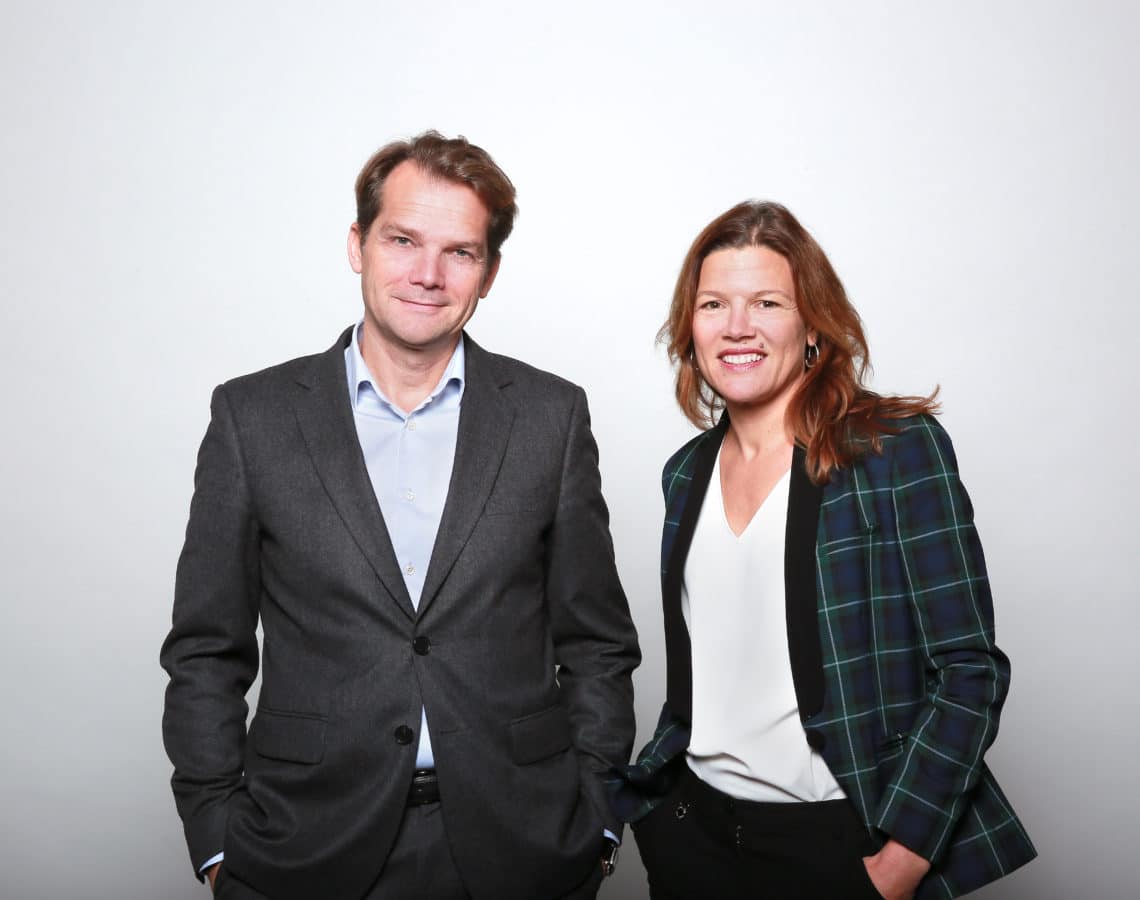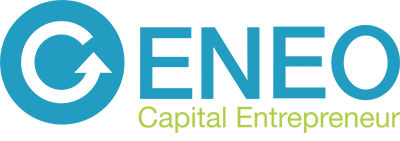Deconfinement: making sense of the recovery

photo of Nathalie Oundjian
By Fanny Letier and François Rivolier
For François Rivolier and Fanny Letier, co-founders of Geneo Capital Entrepreneur, the ability of companies to bounce back will be intimately linked to the definition of their raison d'être.
At the head of Geneo Capital, a company investing in SMEs and ETIs, Fanny Letier and François Rivolier believe that the human collective will make the difference tomorrow.
After the shock of the first few weeks, it's time to take a step back.
This is not the crisis of 2008. Because it has brought the entire world economy to a standstill, and more than half of humanity in confinement, its consequences will be long and profound. In France, economic activity has fallen by 36% overall, with 43% in industry, 88% in construction and 90% in accommodation and catering, which should result in an 8% recession in 2020. We will need to be resilient, to hold out over time, in order to rebound better.
Above all, this crisis confronts us with our personal and societal existential questions. It affects each person in his or her inner self, in his or her daily life. Feedback from China [1] but also studies by European and American specialists [2] show that the impact on the psychological health of employees is extremely important. And that, in any case, the relationship to work has already changed.
The construction of rebound strategies will therefore not be able to overlook the essential: human capital, the treasure of any company. In most cases, it has been affected. To restart, we need to put people back at the centre.
Putting the human back at the centre means, of course, accompanying the recovery. In all companies, actions are already being taken to ensure the safety of employees, by extending teleworking or setting up appropriate health measures.
Innovating to meet societal expectations
But to create the momentum for the rebound, the energy that will take us beyond this crisis, it will not be enough. We need to make sense of the recovery. Recovery yes, but how, and for what? What have we learned, achieved, matured during this special time? How can we get everyone involved in this unprecedented dynamic of recovery, which is not the result of a war or a natural or financial disaster? What will be the direction, the driving force of the company and of each employee?
Whether we call it raison d'être, commitment, usefulness, this crisis raises the question of the meaning and impact of each company, which are the intrinsic motivation of employees.
The pandemic has called into question our consumption patterns, our organizational choices, our production and localization strategies. It has highlighted the scale of the health and environmental challenges we are facing. Our society will have to rethink its development model, imagine a new social contract, put health, the environment and human beings back at the heart of our growth models, take a long-term view, respond to rising inequalities and question the sharing of value.
It is up to each entrepreneur to take the measure of these changes and to innovate to meet societal expectations.
The raison d'être, an anchoring point
Companies that already have a raison d'être, that's for sure, will emerge stronger from this crisis. It will have to be refined, nurtured and perhaps evolve over time, but the basic foundation exists, giving employees a formidable anchor point. Because these companies know their contribution to tomorrow's world, and this perspective is the most powerful driver of people in the workplace.
For the others, it is the right time to formulate it, this famous raison d'être. Every entrepreneur knows perfectly well why he gets up in the morning. Choosing to be an entrepreneur is, somewhere, getting involved in the city. To succeed in formulating this formidable spring and sharing it with one's collaborators is already, like Mr Jourdain, without knowing it, giving oneself a form of raison d'être.
Recovery will not happen without a human collective. Our teams, our suppliers, our customers, our regional and sectoral ecosystem: it is the alliance of all stakeholders that will forge our ability to rebound.
Anticipating, preparing the rebound, is therefore to create the human collective that will make the difference.
It is to carry a positive vision for the world of tomorrow.
It is perhaps, at its core, the most strategic and engaging of projects.
It's being a positive company.
1] Shanghai Mental Health Centre, Qiu J., Shen B., Zhao M et al. a nationwide survey of psychological distress amond Chinese people in the COVID-19 epidemic: implications and policy recommendations, General psychiatry, February 2020.
2] See in particular "A psychological impact of quarantine and how to reduce it: a rapid review of the evidence" The Lancet (26 February 2020) and the INSERM press release of 13 February 2020, "Post-traumatic stress: new avenues for understanding resilience to trauma".
